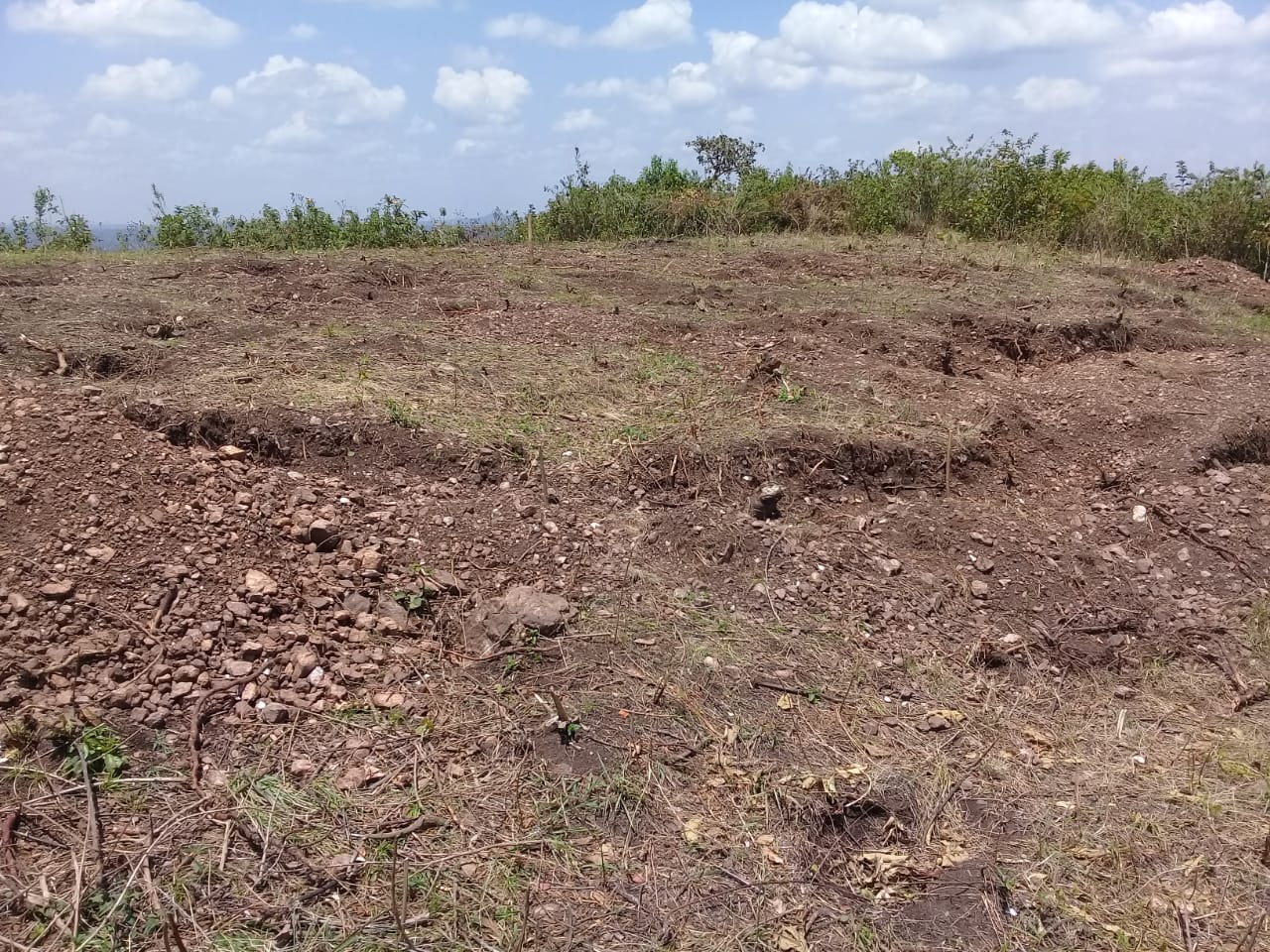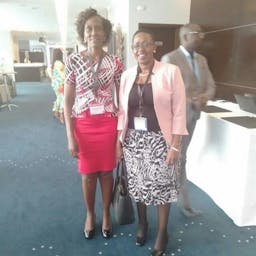Historical Perspectives on women's property and inheritance rights
Sep 14, 2019
Story

In Kenya, ownership of land and other valuable assets is patrilineal.Thus land and property was predominantly owned through male relatives.Most fathers shared pieces of land amongst the sons, while daughters were excluded. It was assumed that daughters would get married and move to their husband's land.
Even then, land was in abundance and was owned communally which to a large extent protected the vulnerable members of the community including widows and orphans .However as national administrative and management procedures of land in Kenya evolved towards individual ownership land became one of the most contested and value assets of development and livelihood .Consequently, the process of land adjudication, consolidation, and registration crystallized men's absolute ownership and control of land. This meant that women became more unduly disadvantaged in respect to use , access to and/ or control of land and other valuable property both as members of household or as heads of households. This situation has worsened by distorted and negative cultural stereotyping and practices concerning women's use, access to and control of land and family property .
Kenya's past land laws were developed against a backdrop of customary law system in which women's rights to own and control property was only limited to access or use. It is no wonder then that many women in Kenya continue to provide labor particularly in agricultural areas and yet they have no say on major decisions such as change of use, transfer, sale or subdivision .
Many women without land and property rights are left economically insecure and are prone to property .They are usually forced to rely on their spouses or male relatives for survival .Today, women hardly own land titles, either individually or jointly with their husbands. In Kenya, they hold only 5% of the total registered title deeds in the Ministry of Land which is the custodial of all titles in Kenya.The unsteady economic position of women causes them to be even more vulnerable targets of domestic violence and undermines their ability to leave abusive relationships and undermines their ability to leave abusive relationships or to negotiate for safer sex. As a result, women and their children face serious physical and physiological health risks, including the increased risk of contracting HIV and AIDS.
Finally, women are unable to effectively assert their rights to property because of the gender bias in the application of customary law and lack of procedural safeguards for land disputes .They are excluded from decision making processes since men hold the majority of seats in institutions that make decisions on land rights at both the community and national levels.The verdicts from these bodies are often discriminatory and promote the view that women are unable and unworthy to manage or own land . As a result women are treated as second class citizens who must rely on men at all times as the sources of their rights!




